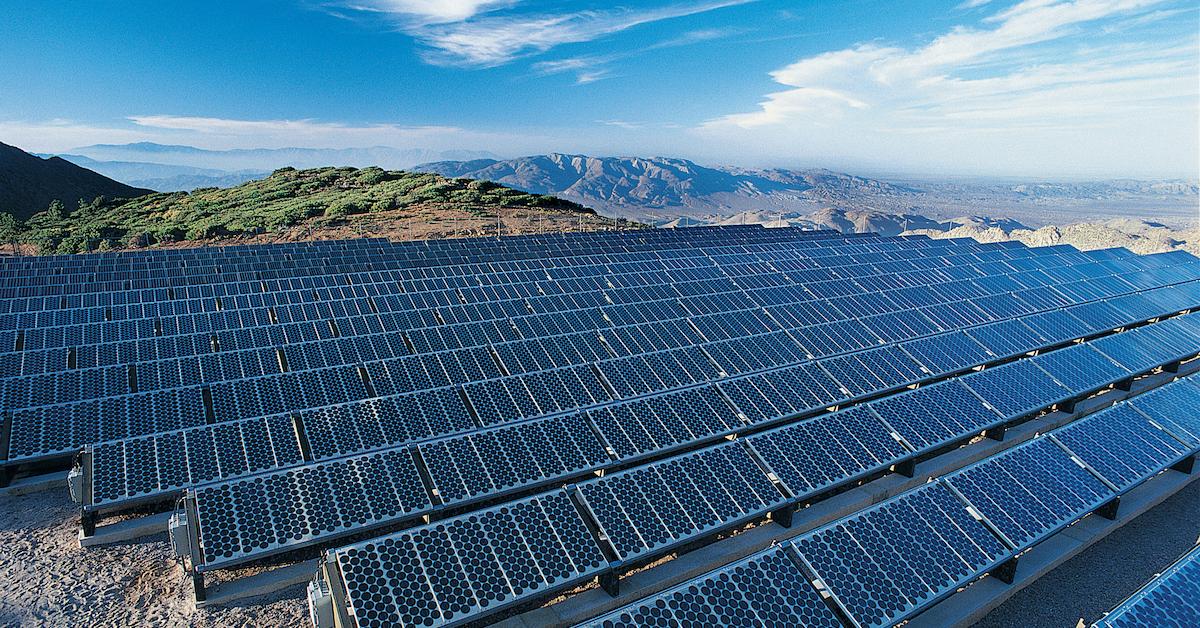Biomass Energy: How It Works, Advantages, Disadvantages, and More
Published Dec. 21 2020, 11:18 a.m. ET

In a perfect world, society would stop relying on fossil fuels tomorrow — not only are fossil fuels nonrenewable, but utilizing them for energy wreaks havoc on the environment, serving as the leading cause of global warming. While an immediate transition to clean energy sources — such as solar or wind — would be ideal, doing so is much harder than it sounds, which is why many are resorting to biomass energy as a "transitional fuel source."
How does biomass energy work? What are the advantages and disadvantages of utilizing biomass energy? Keep reading for the full rundown on this age-old energy source that is becoming increasingly popular as we continue seeking out an easy way to transition away from fossil fuels to 100 percent clean sources, such as solar and wind energy.

What is biomass energy, and how does it work?
Biomass is considered to be an organic and renewable energy source that many believe will serve as a reliable "transition" from fossil fuels to cleaner sources, such as solar and wind energy. According to the U.S. Energy Information Administration, biomass is the energy plants derive from the sun when they undergo photosynthesis to grow. Humans are then able to utilize that energy by burning the plants, whether they are wood or wood waste, crops and waste materials, or other natural materials.
The energy derived from the burning plants can be used directly for heat and for cooking, or it can undergo processing to be converted to liquid or gaseous energy. It was the most popular mode of energy consumption until the mid 1800s, and still serves as fuel for emerging nations across the globe. Using biomass energy in lieu of nonrenewable sources has become increasingly popular for transportation and electricity, amounting to about 5 percent of energy used in the U.S. annually.

What are the advantages of biomass energy?
As previously mentioned, biomass is a cleaner and organic renewable energy source. According to National Geographic, it's efficient, because plants and algae can grow in a relatively short amount of time, and other sources — such as timber trees — can be made available consistently and in an eco-friendly manner, if they are grown and looked after in a sustainable manner.
Sustainably-farmed crops, plants, and trees can also lower carbon emissions in the air, as they're able to absorb carbon dioxide on their own. Certain varieties such as switchgrass are cheap and easy to grow, and can serve as a food source for livestock, while harvesting biomass is also easier and more efficient, as a certain amount can be used as needed, without having to let any go to waste.

What are the disadvantages of biomass energy?
Although biomass is certainly cleaner than nonrenewable sources, it has various shortcomings — certain types have to be fortified with fossil fuels, according to Syntech Bioenergy, because they aren't strong enough on their own, while burning materials is yet another way in which carbon dioxide is released into the atmosphere. Meanwhile, many worry relying on it too much may result in an influx of deforestation, another leading contributor to global warming.
Hopefully we are able to transition to solar and wind energy sooner rather than later, but in the meantime, utilizing biomass energy could ultimately serve as a solid transitional energy source.